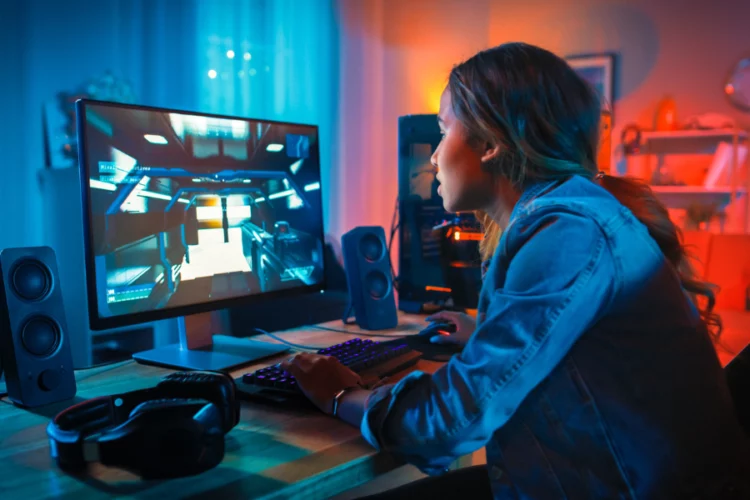Ensuring compatibility has long been a source of joy in PC gaming, allowing gamers access to a vast array of modern games free from the constraints of console exclusivity. However, signs of a potential shift away from this wide compatibility are emerging, particularly concerning optimization for NVIDIA or AMD hardware. Exclusive partnerships between major chip manufacturers and game developers are giving rise to releases tailored for one hardware brand, raising concerns about the impact on the broader PC gaming landscape.
Optimization challenges have plagued PC gaming, with notable releases such as “Star Wars: Jedi: Survivor” and “Elden Ring” initially facing poor optimization upon launch.

As AAA games become more hardware-intensive, the need for collaboration between hardware manufacturers and game developers becomes apparent. However, exclusive partnerships disrupt this collaboration.
The introduction of the term “exclusive partner” for chip manufacturers with games like “Starfield” has triggered performance disparities between AMD and NVIDIA GPUs. This trend, reminiscent of console exclusivity, suggests a potential future where gamers must consider exclusive PC support when choosing new hardware.
Exclusive partnerships could significantly impact PC gaming by creating a divide over hardware support. The competition between NVIDIA and AMD, particularly in technologies like DLSS and FSR, further complicates the landscape.
Games optimized for specific GPU technologies may lack support for alternatives, leading to a fragmented gaming market where hardware choices are dictated by game optimization.
The consequences are felt across the gaming spectrum, from high-end users with top-tier GPUs to budget gamers facing constraints in hardware choices. Exclusive optimization exacerbates existing challenges, making PC gaming more confusing and expensive for newcomers and complicating upgrades for experienced players.
The future of exclusive partnerships in PC gaming remains uncertain. While the backlash against AMD’s exclusive partnership on “Starfield” suggests potential caution, collaboration remains crucial for the industry’s growth.
The support for both DLSS and FSR in recent releases provides hope, demonstrating that collaborative efforts can benefit gamers. Modding communities also contribute to the cause by adding DLSS support to titles without it. The PC gaming market’s resilience relies on fostering collaboration and steering away from exclusive optimization trends.

